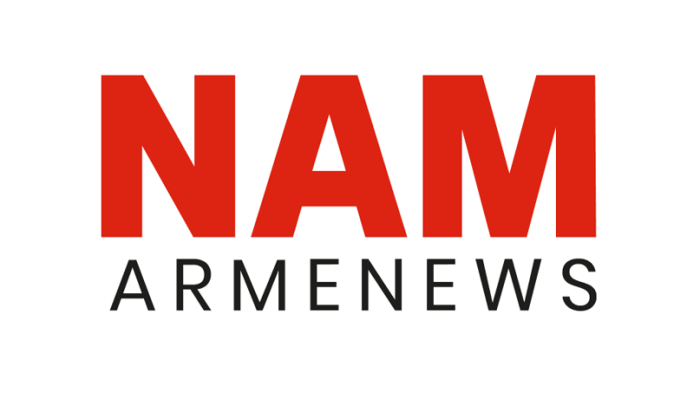COMMENTARY: HARD LESSONS FROM PBS DOCUMENTARY SAGA
By Vicken Babkenian
The California Courier, June 5 2006
Why is it that the producer of an outstanding documentary on the Armenian Genocide has had to rethink his relationship with the Armenian community? Andrew Goldberg wrote, directed and produced The Armenian Genocide. He is an Emmy Award winning filmmaker, having produced three other Armenian themed documentaries. He has worked with CNN, ABC News, MSNBC, Fox News and PBS. The controversy surrounding Goldberg’s film began when it was revealed that a panel discussion, featuring two denialists, was to be aired by PBS after its broadcast of the documentary. Many members of the Armenian community, including leading newspapers and organizations, launched a campaign to voice their profound opposition to the panel discussion. Criticism was mainly directed at Jacoba Atlas, a programming executive at PBS, calling for her resignation for having an « anti-Armenian Genocide » stance. Criticisms were also directed at Andrew Goldberg – despite his opposition to the panel – for perceived shortcomings in his documentary. Allegations were made that Goldberg had ‘caved in’ to pressure from PBS to revise the contents of the documentary, with some Armenian journalists asserting that its inclusion of footage on Turkish denialists was a direct outcome of this pressure. He was also accused of « seeking fame and fortune at the expense of the truth, and exhibiting a carreerist attitude. » Networks make programming decisions, and one may infer the views of their executives from such decisions. By broadcasting Armenian Journey in 1988, The Great War in 1991, Images of the Armenian Spirit in 2003, and now The Armenian Genocide, PBS has done much to support programming on the Armenian Genocide. According to Andrew Goldberg, he was not forced, coerced or pressured by PBS to make any changes – his work, rather, was the outcome of an ongoing collaboration with PBS. Further, the editorial body for The Armenian Genocide included Peter Balakian, Ronald Grigor Suny and Muge Gocek. It is true that requests for script changes were made by PBS, but ultimately it was the editorial body which made the decisions about content. As a result, the Turkish denial presented in the film was very well contextualized and, in a sense, « quarantined. » Armenian Genocide denial was made easily identifiable to the uninformed viewer for what it was – intellectual and moral garbage. Despite an industry-wide reluctance to deal with such a contentious subject, Goldberg was able to use his experience and marketing savvy to have the Armenian story told to millions of people in the United States and around the world. In the campaign for recognition, Andrew has been an invaluable ally in the battle of « Memory against Forgetting » and « Knowledge against Ignorance. » Thanks to Andrew, millions of people saw Raphael Lemkin – the man who coined the term « genocide » – utter the words « It happened to the Armenians. » Armenians should be careful not to antagonize those who are their allies in the fight for recognition. Constructive criticism is fine; unjustified personal attacks and insinuations are not. As a result of these and other hurtful actions, Andrew has decided to halt producing documentaries on the Armenian Genocide. It seems that he will not be making a sequel to The Armenian Genocide, which had been in the pipeline. What precedent have Armenians set for other non-Armenians who may want to help them in their struggle?
Vicken Babkenian
Armenian Genocide Research Unit
Australian Institute for Holocaust and Genocide Studies Shalom College,
University of New South Wales Sydney, Australia.



